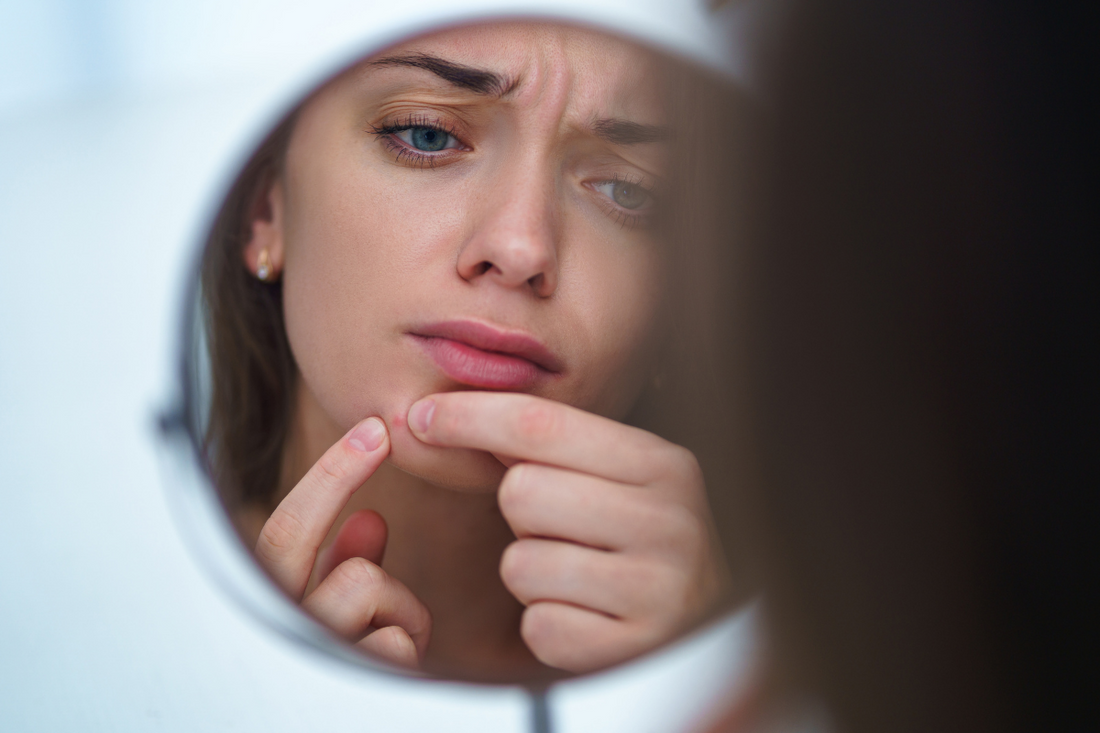The Relationship Between Stress, Acne and Aging

Stress and Acne
Most of us have had or at least known someone who’s had acne. DataTrusted Source shows that 85 percent of us will have some form of acne during our lives.
For some, it may just be one or two bumps or pimples, but for others, it can be extreme and lead to scarring.
Acne usually appears on your face, back, or even your neck and shoulders. Although it occurs most often during the teenage years, it can affect you at any age.
How Stress Affects Acne
The relationship between stress and acne has been misunderstood by many. Stress can’t directly cause acne. However, studies have shown that if you already have acne, stress does make it worse.
Researchers have found that wounds, including acne, are much slower in healing when a person is under stress.
Slower healing of acne means that the pimples stay longer and are more susceptible to increase in severity. It can also mean that more acne is visible at one time because it takes longer for each pimple to heal during a breakout.
How Does Stress Affect Aging?
Stress can cause wrinkles to form because high amounts of cortisol, the stress hormone, can break down the skin's collagen and elastin. Research has found that chronic stress can increase inflammation, causing skin aging and accelerating the formation of wrinkles.
What Causes Acne?
Acne occurs when excess oils, dead skin cells, bacteria, and sometimes hair block pores in your skin. However, the exact cause of why this happens isn’t known.
Some things are generally thought to cause acne.
These include:
- Hormones during pregnancy and the teen years
- Certain medications including birth control pills
- Family history of acne
Once pores on your skin are blocked, they become irritated and will swell into a pimple or bump.
How To Prevent Acne
To prevent all types of acne, certain simple daily practices and OTC solutions can help. Some prevention techniques include:
- Washing your face gently and not more than two times per day
- Using OTC products that help reduce oils on your skin
- Using water-based, non-irritating skin products including sunscreen and cosmetics
- Keeping things off your face as much as possible that may contain oils like your hands, hair, or telephone
- Wearing loose clothing that reduces sweating
- Not squeezing pimples
How To Reduce and Manage Stress
Learning to reduce and manage your stress can be important in the treatment of your acne since stress can make your acne worse.
Even if your environment or job isn’t stressful to you, sometimes an acne breakout can cause emotional stress.
Some simple steps you can take to reduce stress include:
- Taking a few deep breaths
- Practicing meditation or yoga
- Getting a good night’s sleep
- Maintaining a healthy diet
- Exercising regularly
- Talking about it to a friend, family member, or a counselor
